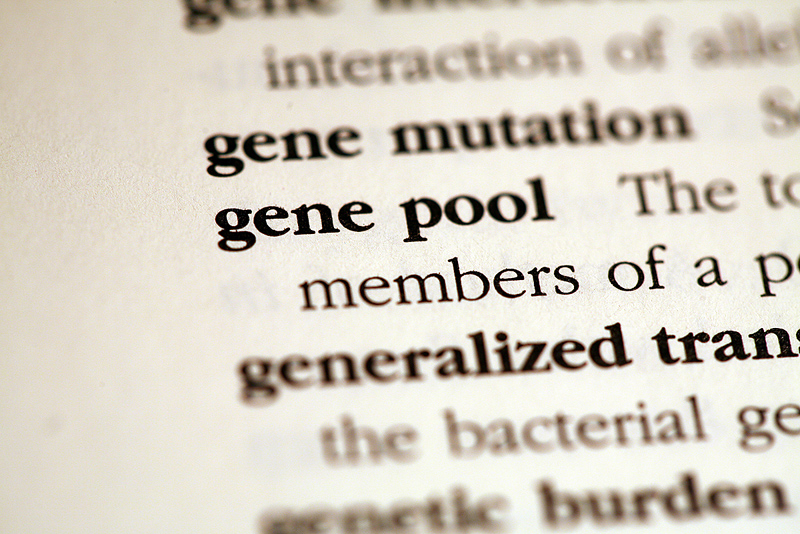
MONDAY, Nov. 23 (HealthDay News) — Scientists report that a genetic variation appears to play a major role in slowing disease progression in HIV-infected patients.
In fact, those with the variation appear to take years longer to develop AIDS and die of complications of the disease.
“We’re honing in on factors that vary across individuals that make a person more or less susceptible to HIV, in terms of how rapidly someone develops the disease,” said study co-author Mary Carrington, a senior principal investigator at the U.S. National Cancer Institute.
However, this new knowledge won’t translate into immediate benefits for patients with HIV.
AIDS remains a major killer in many parts of the world, but HIV — the virus that causes it — doesn’t affect infected people the same way. “People progress to AIDS at hugely different rates,” Carrington explained. “Some people progress within a year, while some have been infected for 20 years and still control the virus and don’t have the disease.”
It appears that three factors affect how the disease strikes a person, she said. One is the environment: the world in which a person lives. Another is the patient’s genetic makeup. And the third is the genetic makeup of the virus itself.
In the study, published in the Nov. 22 online edition of Nature Genetics, Carrington and colleagues looked at genetic and medical records for hundreds of HIV-infected men. They were trying to see if genetic variations affected how the men fared.
The researchers found that a variation linked to higher levels of a protein known as HLA-C boosted the men’s ability to avoid progressing to AIDS. It appeared to delay both the progression to AIDS and to death by years, Carrington said.
The genetic variation makes it easier for the immune system to kill cells that have been infected with the virus, she said. It does this by allowing immune cells to gain greater access to the infected cells, she explained.
Carrington said this genetic variation isn’t related to another gene-related trait that makes some people virtually immune to HIV.
The study “hints at ways we might ultimately develop a vaccine or immune-based therapies that could modify or maybe even prevent the development of HIV disease,” said Rowena Johnston, vice president of research with the Foundation for AIDS Research in New York City.
“The finding that a single piece of DNA can be strongly associated with something as complex as the control of HIV soon after infection is especially intriguing, not least because we know that early control of infection sets the stage for the entire course of the disease,” Johnston noted.
What’s next? The ultimate goal, Carrington said, is “to have a complete list of every genetic variance that is affecting how rapidly the disease develops.”
That, in turn, could help physicians figure out how to better treat patients.
More information
Learn more about AIDS from AIDS.gov.

